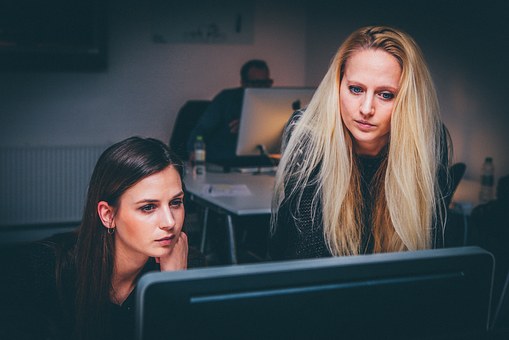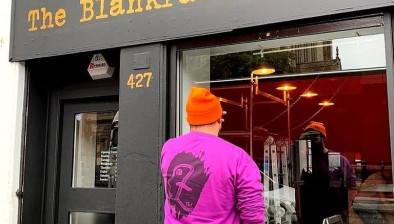Women in UK underpaid by £126bn report finds
Women in the UK were underpaid by £126 billion before the country’s lockdown, according to a report by charity Pro Bono Economics.

The report claims that the official gender pay gap of 8.9% includes a direct ‘pay penalty’ for being female that amounts to £1,190 a year for every woman of working age in the UK.
However, the study argues that the full extent to which women’s work is undervalued is even greater, because of the much higher share of unpaid tasks that women undertake in households.
The unpaid work done by women aged 16-65 – including such tasks as childcare, cooking and cleaning – is worth £4,840 more a year than the unpaid work carried out by men of the same age.
This means that the average woman finds her work being undervalued by just over £6,000 a year. And collectively, the UK’s working-age women are losing out on £126 billion each year, a sum which represents just under half (47%) of the £267 billion paid in total to female employees in 2019.
The Pro Bono Economics report, Women’s Work: policy, pay, progress and the penalties that remain, details the gains made by women in the labour market over the last half-century – with, for instance, the gap between male and female employment rates narrowing from 38 percentage points in the early 1970s to 8 percentage points at the end of 2019.
However, it also highlights the need to narrow the substantial gender gaps that persist in relation to job quality, pay and the burden of unpaid work.
Pre-pandemic, women accounted for 47% of all those in paid employment, and for 50% of all employees. Yet they comprised 74% of people working part-time, 54% of people on a temporary contract, 56% of people on a zero-hours contract, and 61% of low-paid employees. Women also spent 60% longer than men each week undertaking unpaid work.
Pro Bono Economics points out that public policy has played an important role in narrowing the gap between men and women in the formal workplace over the last 50 years, but argues that a new policy focus now needed.
The organisation says it has found evidence of an appetite for change among the public in this regard. Notably, 54% of those polled as part of Pro Bono Economics’ study said they would be prepared to disclose their salary details if it helped to narrow the gender pay gap.
Just 9% said they wanted to keep the current uneven balance of unpaid work across men and women, with two in five saying their preference was for some form of basic income payable to those with caring responsibilities.
Matt Whittaker, chief executive of Pro Bono Economics and co-author of the report, said: “Massive though it is, the economic shock associated with today’s crisis should prove temporary. In the fullness of time, economic activity should return to something like normal and we might then expect past labour market trends to reassert themselves.
“But the transformative effects of the crisis should not be underestimated. Millions of people now find themselves reliant on the state for their income, and there is a new respect for men and women working in lower-paying roles – from nurses to supermarket cashiers to refuse collectors.
“Family dynamics are also shifting as parents juggle the demands of home-working and childcare, and there is an upsurge in volunteering as people support efforts to tackle the crisis at both a national and a neighbourhood level.
“There is, then, a real possibility that the UK will ultimately emerge from today’s turmoil a more united country. We are likely to achieve a greater understanding of the economic pressures arising from entirely unexpected changes in circumstances, and consequently a greater understanding of each other. The lockdown might also lead to a change in attitudes to the balance between paid work and home life, and between the demands of economic ‘activity’ and the need for a focus on wider wellbeing.
“Ultimately, we have the chance not simply to return to normal, but to return to something better.”
Read all of our articles relating to COVID-19 here.







